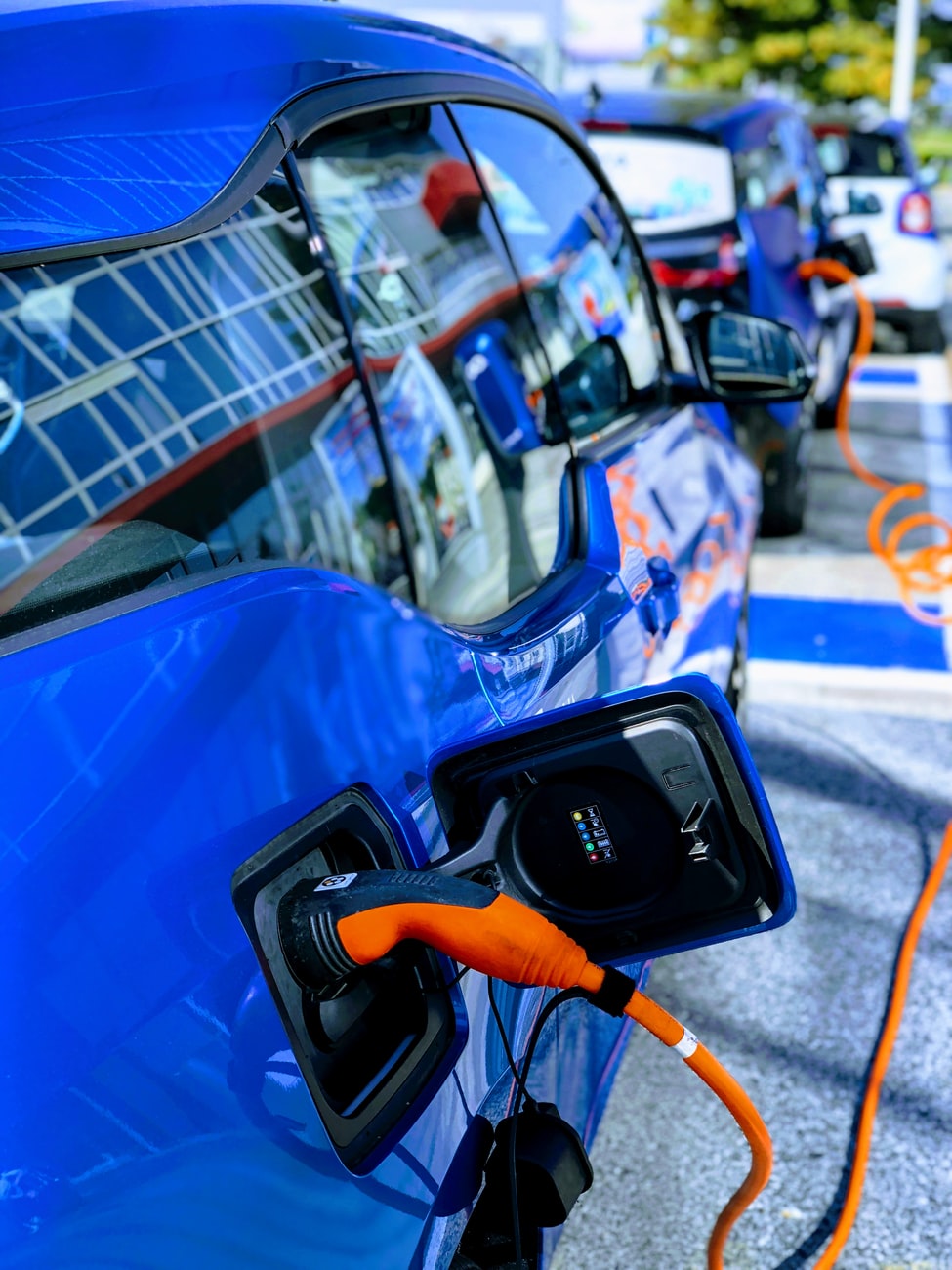
Leading the Way: A National Task Force on Connected Vehicles
Summary
By bringing wireless communications technology to cars and trucks, we could prevent hundreds of thousands of car crashes every year, saving many lives. We could also reduce commute times, fuel consumption, air pollution and greenhouse gas emissions, and the cost of mobile Internet access. In the longer term, deployment of connected vehicle technology can lay groundwork for better autonomous (self-driving) vehicles. In 2021, the Federal Government should establish a task force to develop a coherent vision through open and inclusive processes, and provide leadership to achieve that vision.
Note: As a working paper, this draft is still under development. The author invites your feedback and comments, which can be sent to info@dayoneproject.org.
To understand the range of governmental priorities for the bioeconomy, we spoke with key agencies represented on the National Bioeconomy Board to collect their perspectives.
Congress should foster a more responsive and evidence-based ecosystem for GenAI-powered educational tools, ensuring that they are equitable, effective, and safe for all students.
Without independent research, we do not know if the AI systems that are being deployed today are safe or if they pose widespread risks that have yet to be discovered, including risks to U.S. national security.
Companies that store children’s voice recordings and use them for profit-driven applications without parental consent pose serious privacy threats to children and families.